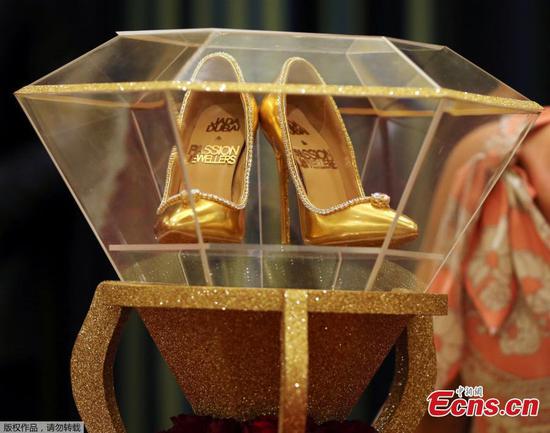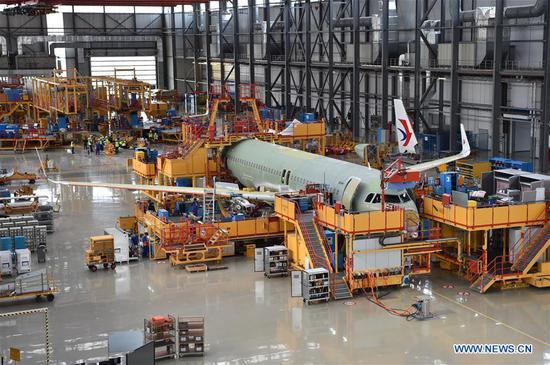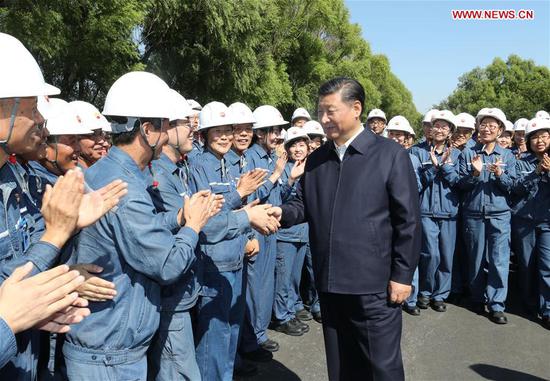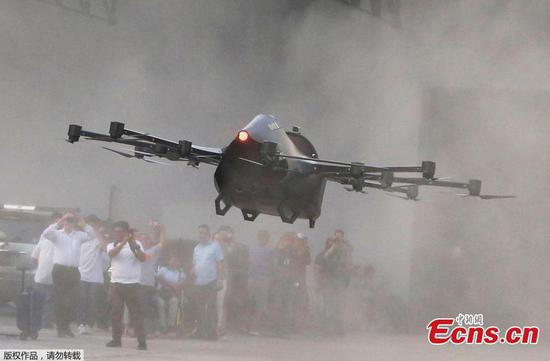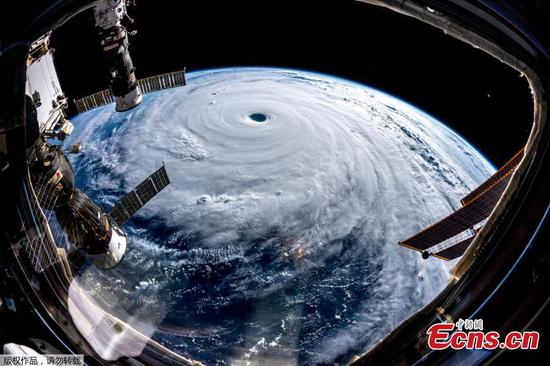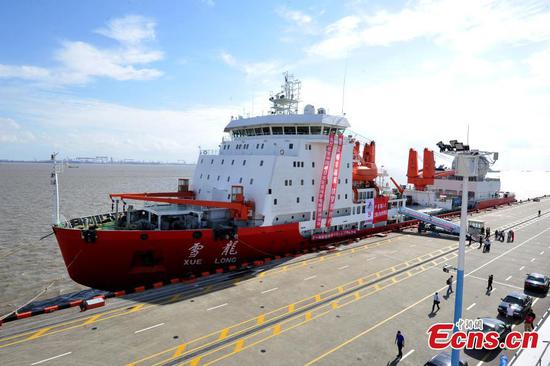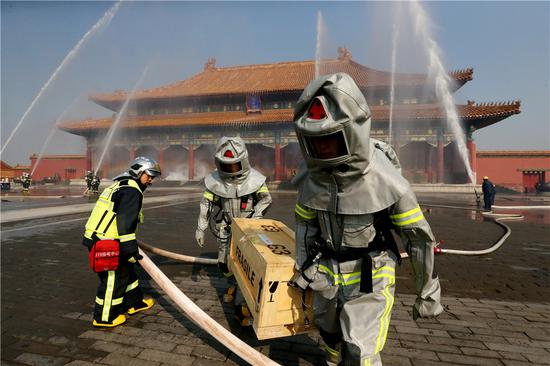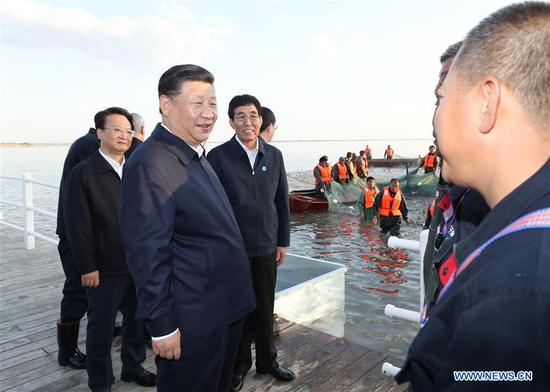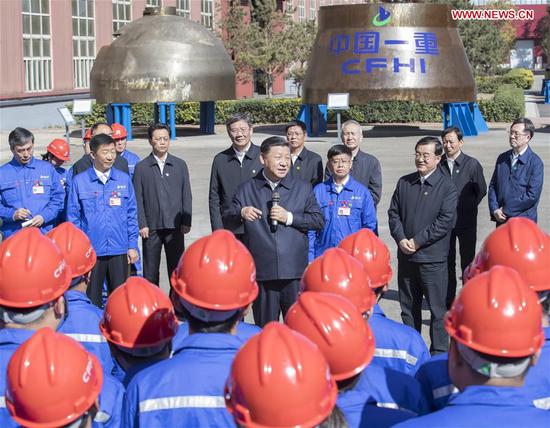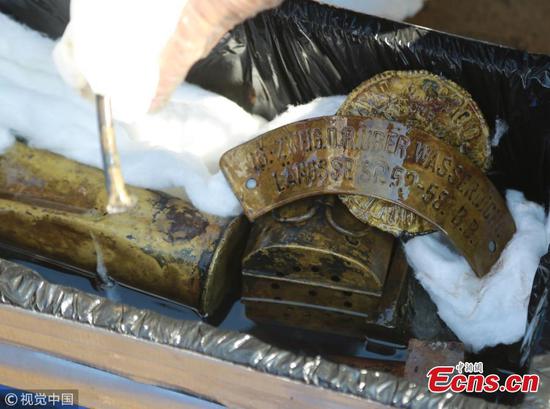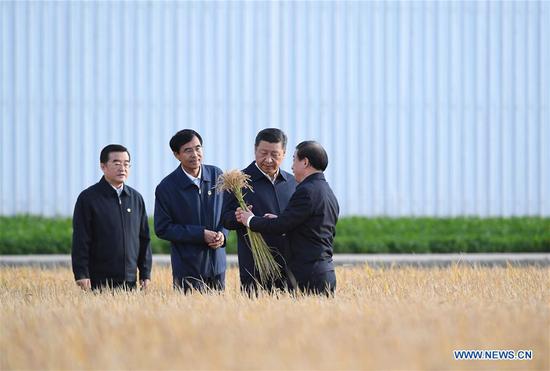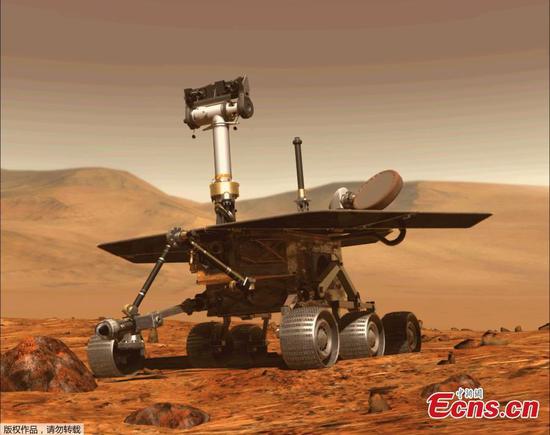With the commercial space sector taking off in the past few years, China is aiming to create synergies between large State-owned enterprises (SOEs) and private start-ups, with more cooperation than competition expected, a high-ranking executive at a State-owned space firm said.
In a keynote speech at the Fourth China International Commercial Aerospace Forum, which opened on Wednesday in Wuhan, capital of Central China's Hubei Province, Fu Zhimin, chief technologist of China Aerospace Science and Industry Corp (CASIC), a major State-owned space and defense contractor, said the space industry is attracting ever-larger amounts of capital.
"From the view of development potential for the real economy, space has become a new frontier after the land and the ocean," Fu noted.
Backed by the nation's strategy of military and civilian integration since 2015, private start-ups in the commercial space sector have mushroomed in China, and they have showcased their abilities mainly in the rocket launch segment since the start of this year.
Beijing-based private space company LandSpace completed the final assembly of its solid propellant rocket in August for a scheduled fourth-quarter launch, which will be the first Chinese private-sector commercial rocket to go into orbit.
In May, another private space start-up - OneSpace - launched the country's first privately designed commercial rocket, carrying a satellite into sub-orbit, which is significantly lower than orbital altitudes.
Compared with private players, SOEs like CASIC are taking a long-term view and systematically expanding along the space industrial chain.
The Kuaizhou carrier rockets provided by Expace Technology, which is a CASIC subsidiary, are expected to carry out commercial launches in the near future, according to Fu.
The Kuaizhou rockets are the largest solid-propellant rocket series in China, while the Long March series, developed by a subsidiary of State-owned China Aerospace Science and Technology Corp, mainly rely on liquid fuel.
Fu told the Global Times Wednesday on the sidelines of the forum that cooperation will definitely exceed competition between the SOEs and private start-ups. "Private companies have more flexible and advanced mechanisms, and it will be a win-win situation to combine our technological base with their flexibility and lower costs."
Industrial policies, development models and financial support will be improved to speed up the development of the domestic commercial space sector, said Zhao Jian, a senior official with the China National Space Administration, during the forum.
International collaboration is also needed and very important for the global space industry, Jean-Jacques Favier, a professor at the Higher Institute of Aeronautics and Space in France, told the Global Times on the sidelines of the forum on Wednesday.
"Competition can bring higher efficiency, yet cooperation is the key tone," Favier said, adding that there are many possibilities for cooperation between China and Europe.
As for specific areas, Favier pointed out new platforms and new technologies for exploration.
"It's easier to collaborate in a field where nothing exists and everyone can bring something, for example the Moon and Mars," he said.









